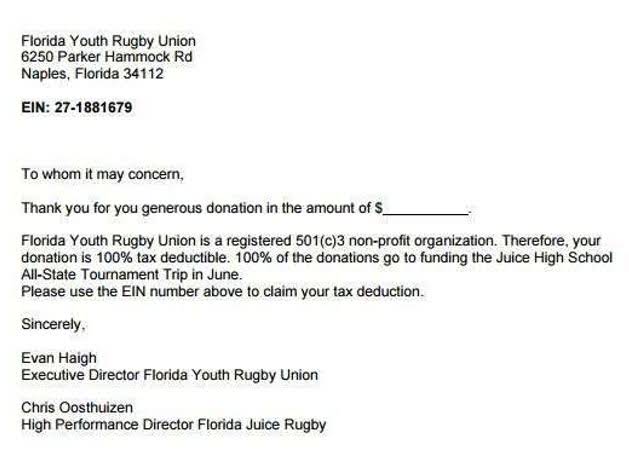
The goal is to ensure the business expects only a little money from customers who might never pay. By assessing the allowance for doubtful debts, the auditor gives the company a realistic view of its finances. The auditor will review this report to see if any accounts are overdue. Accounts overdue for a long time might be risky so the auditor will note any issues affecting the business’s finances. Sometimes, the auditor will send letters to customers to confirm how much they owe.

Exploring Legal-Specific Accounting Software
You’re fixed assets not alone—accounts receivable collection remains a major pain point for law firms. Unfortunately, the accounts receivables process isn’t always smooth sailing. It’s one thing for clients to pay late, but it’s another matter entirely when they dispute a transaction. This is known as a chargeback—the client disputes their debit/credit card transaction, and their money is returned to their bank account. Assess the effectiveness of your AR process regularly and implement changes as needed.
How to Streamline the Accounts Receivable Process?
From leveraging retirement contributions to optimizing business structures, numerous ways exist to achieve significant savings. This guide provides actionable insights to help you reduce tax liabilities and maximize your firm’s financial efficiency. Successfully managing a law firm requires a multifaceted approach that encompasses client relations, financial management, technology adoption, team building, and business development. Monitoring accounts receivable metrics is essential to keep your collections process efficient, maintain steady cash flow, and improve overall financial health.
- Fortunately, you can minimize your use of collection agencies and write-offs by re-engineering your process for collecting law firm receivables.
- It’s important to stay on top of accounts receivable since it represents revenue for your law firm.
- Implementing accounts receivable best practices management is easier and more effective with the right tools.
- Clients are also pushing back on traditional, paper-based billing and payment processes, asking for electronic invoices that are easier to process and more efficient ways to send payments.
- When a law firm accepts payment for a retainer, they have access to a certain amount that they can bill against.
- These features enable financial controllers to reduce manual processes, improve payment timeliness, and enhance client relationships.
Law Firm Accounting Guide: 11 Steps to Boost Efficiency
Breaking payments into smaller, more manageable installments benefits both firms and their clients. Implementing these collection practices can dramatically improve your payments experience with new clients, but what about the old ones? Overhauling your client consultation process or improving the clarity law firm accounts receivable management of your invoices won’t affect the aged accounts already on your books. Law firm billing software, like LawPay, can enforce a specific invoicing cadence, minimize billing mistakes, and send automatic payment reminders.
- When auditors look at the accounts receivable, they see that every payment is applied correctly.
- Establishing open communication with your client is important to ensure your law firm’s accounts receivable management is smooth.
- These thoughtful measures ensure compliance with tax laws while securing long-term financial stability.
- MyCase Legal Accounting is an easy-to-use accounting software built seamlessly into the MyCase practice management platform for maximum convenience.
- Keep the lines of communication open with clients regarding their invoices.
- Managing tax liabilities effectively is crucial for maintaining the financial health of your law firm.
Managing Retainers

This results in recovering more owed dollars and faster receivables turnover. Evaluating options that align with your budget and needs is key to see improvements. Legal Buddies can also provide dedicated AR specialists to manage this function as part of your extended team. Accepting credit card payments makes it easier for clients to pay bills. Managing accounts receivable can be a frustrating endeavor for law firms trying to maintain strong cash flow.
Collections Workflow Software

If you’re feeling reluctant, think about whether you’d rather ask for what you’ve earned or write off this client’s balance. Failure to communicate is a no-no, both from your state bar’s perspective and with respect to your law firm’s financial health. According to ABA Journal, one of the more common complaints against lawyers is a lack of client communication. Clients who feel ignored are less willing to pay your invoice and may feel inclined to take out their frustration in an online review. Do that and you essentially fund the cost of the client’s legal services out of your pocket.

How to increase law firm revenue with a proactive approach to accounts receivable management
Firms unknowingly lower their chances of being paid on time by including only a fraction of potential payment options. Additionally, relying on manual interventions from their staff to remind clients of owing balances can quickly become an administrative virtual accountant time suck. Firms unknowingly lower their chances of being paid on time by including only a fraction of potential payment options.
- Below, we’ll go over the steps your law firm can take to avoid common challenges and make your law firm’s accounts receivable process more efficient.
- This highlights the importance of providing precise and consistent information in every form.
- Get a 25% discount on one year of MyCase Advanced with LawPay and a $250 Visa gift card!
- Peakflo automatically sends reminders to customers about overdue payments and helps businesses stay on top of the customers’ pay, making resolving issues during an audit easier.
- As a law firm, having effective accounts receivable management processes in place is crucial for maintaining healthy cash flow.
- By tackling these challenges, firms can open the door to new levels of success.
Investments in essential tools such as legal software or upgraded office equipment qualify as deductible expenses under this provision. These deductions reduce taxable income, and help firms understand how to reduce tax liability effectively. The Section 179 deduction is a valuable tax benefit for law firms looking to optimize their financial strategies.

Recent Comments